If your company’s website or digital advertising leads to phone sales, tracking those important conversions is a must, especially when running PPC campaigns. As organizations navigate the post-cookie era and look for more trustworthy first-party data sources, phone call tracking has become even more important.
Google Analytics 4’s call tracking feature provides you with detailed information on the marketing campaigns, channels, and web pages that are generating your most valuable phone calls. With the help of this data, you can demonstrate marketing ROI, make more informed optimization decisions, and comprehend the entire client experience, including offline and online interactions.
The process of putting phone call tracking into practice has changed a lot since the days of Universal Analytics, as GA4 is now the industry standard analytics platform in 2025. There are two main ways to track phone calls in GA4: either integrating a specialized call tracking program with GA4 or using Google’s built-in phone call conversion tracking through Google Ads. Let’s examine more about it.
Also Read: Why the Gartner Marketing Symposium/Xpo™ 2025 Is a Must-Attend for Leaders Shaping the Future of Marketing
What is PPC Call Tracking?
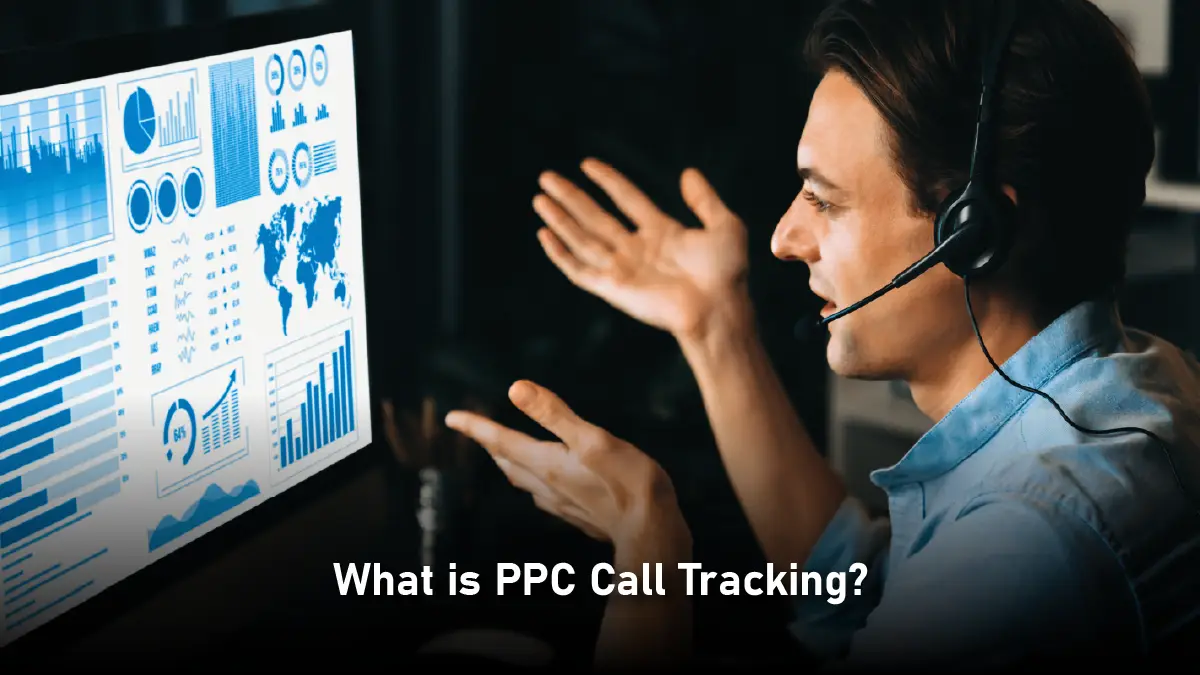
One way to track phone call conversions from Google search advertisements is by using PPC call tracking.
With each call that comes from a search ad, you may keep track of the phone number, time, and duration of the call.
As a marketer, you can monitor:
- Linkages from mobile device call advertisements
- Clicks on the call assets that are connected to your search advertisements
- Calls from your website following a lead’s click on your advertisement
- Ad-related calls that result in offline conversions
- The ability to keep things simple while yet collecting a ton of value is one of the main benefits of call tracking.
You may attribute leads and optimize ads using Google Ads by setting up call conversion tracking if you have minimal resources. According to 55% of paid marketers, GA4’s integration with Google Ads improves PPC campaign optimization by offering more actionable traffic information.
Why Should You Use Google Analytics 4 for PPC Campaigns?
Did you know that Google Analytics 4 is currently used by 14.2 million websites? This demonstrates how widely it is adopted by companies looking to improve their digital analytics skills.
Unified Data Across Platforms
One of the best things about GA4 is how it pulls data together from different places. It connects data from websites, apps, and other digital platforms.
So, if you’re executing PPC campaigns for both web and mobile, GA4 gives you a full picture of how users interact.
This helps you see what different audience groups are doing after they see your ads. It also shows where your ad budget is actually working.
Enhanced Tracking Capabilities
GA4 uses an event-based data model. That just means it tracks user actions in more detail.
PPC campaigns will really benefit from this. You can now see exactly what users do after clicking your ads, like submitting a form or watching a video.
You can see more clearly what is and is not functioning rather than just counting clicks and impressions.
Improved Attribution Modelling
GA4 steps up its attribution game. It helps you see the full path users take before converting.
With multi-touch attribution, you can find out which PPC ads are working at different steps of the customer journey. It helps you see what’s making an impact and when. This makes it easier to use your budget smartly. You’ll know which ads are worth spending more on. And you’ll also see which ones need some fixing.
AI-Powered Insights and Predictive Metrics
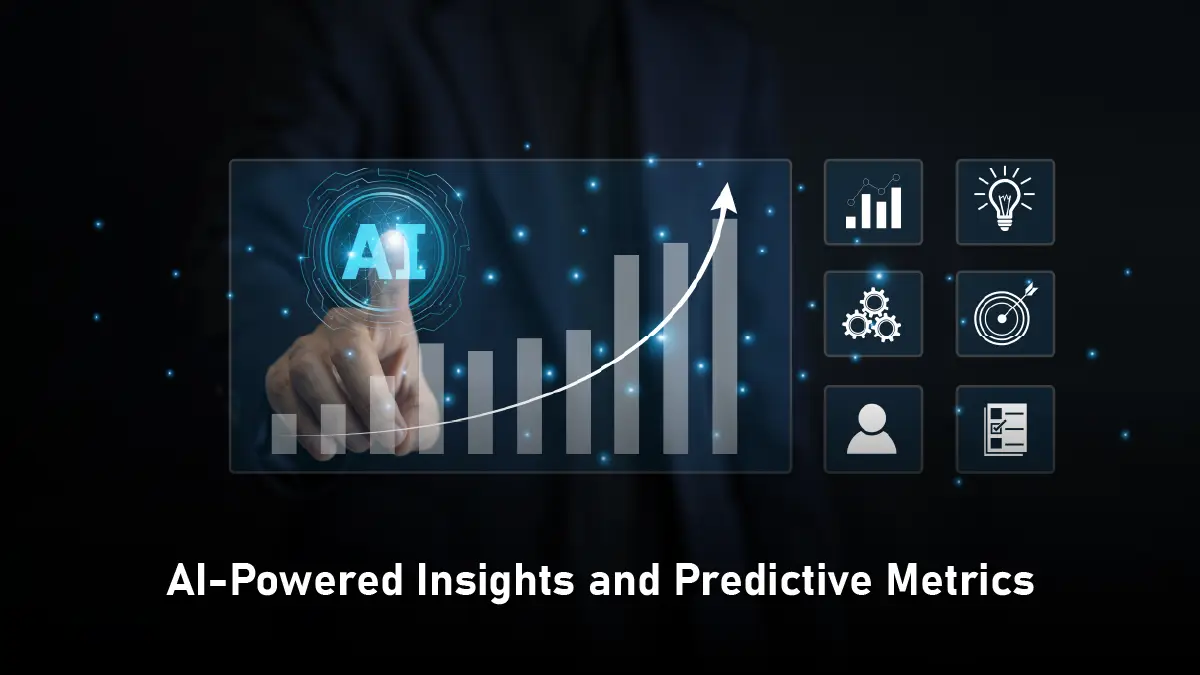
GA4 has built-in machine learning. It gives you smart insights powered by AI. You don’t have to dig through all the data yourself to find them.
If you run PPC campaigns, this is super helpful. GA4 sends automatic alerts when something odd happens or when a new trend pops up.
It also shows predictive metrics. These tell you things like how likely someone is to make a purchase or stop using your product.
This helps you plan ahead. You can tweak your campaigns based on what’s likely to happen next.
PPC Campaign Performance Analysis Using GA4
● Custom Reports and Dashboards:
GA4 comes with strong reporting tools. You can create custom reports and dashboards that match your PPC campaigns. Set up reports to track key metrics like click-through rates, conversion rates, and cost per conversion. Customizing your reports helps you focus only on the data that matters most to your PPC goals.
● Audience Segmentation:
One of GA4’s best features is audience segmentation. You can create custom groups based on specific actions. For example, people who clicked a certain ad or visited a landing page. By breaking your audience into smaller groups, you get better insights into their behavior. This helps you target your PPC campaigns more effectively.
● Funnel Analysis:
Funnel analysis in GA4 helps you see the steps users take before they convert. It’s really useful for PPC campaigns. You can spot where people are dropping off or getting stuck in the process.
● Real-Time Analytics:
GA4 gives you real-time data. With this, you can see how your PPC campaigns are doing right now. You can watch how users interact with your ads as it happens. This lets you make fast changes if needed. It’s super handy during big promotions or when there’s a lot of traffic.
PPC Campaign Optimization Using GA4 Insights
● Identify High-Performing Keywords:
By looking at PPC data in GA4, you can figure out which keywords lead to the most conversions. Spot trends in keyword performance. Then update your bidding strategy to focus more on the keywords that work best. This helps you get more value from your ad spend. It also improves your campaign performance and supports both SEO and PPC goals.
● Refine Audience Targeting:
Use GA4’s audience insights to fine-tune who you target. If some groups convert better, build specific campaigns just for them. This helps you use your budget more wisely and get better conversion rates.
● Test and Experiment:
GA4’s insights make A/B testing easier and smarter. You can experiment with different targeting options, landing pages, and ad copy. Then check what works best with your audience. Use the results to decide which versions to use more widely.
● Monitor and Adjust in Real-Time:
With GA4’s live tracking, you can keep an eye on your PPC campaigns as they run. If something isn’t working, like a weak ad or a costly keyword, you can tweak it right away. This kind of flexibility can really boost your campaign results.
Which Approach Is Best for Managing Successful PPC Campaigns?
Effective Pay-Per-Click (PPC) campaign management necessitates a well-planned approach. It should have careful planning, continuous optimization, and in-depth research.
Here is a thorough plan to help you get the most out of your PPC advertising:
Define Specific, Measurable Objectives:
- Set Your Goals
- Establish Particular KPIs
Recognize Your Target Market:
- Make Personas for Buyers
- Divide Up Your Audience
Perform Extensive Keyword Research:
- Find Keywords That Are Relevant
- Use keywords With long Tails
- Update Your Keywords Frequently
Create Powerful Advertising Copy:
- Emphasize the advantages
- Include a compelling call to action (CTA)
- Test several variations
Enhance Landing Page Performance:
- Verify Relevance
- Enhance the User Experience
- Make the Conversion Process Simpler
Make Use of Ad Extensions:
- Callout Extensions and Sitelink Extensions
- Extensions of Location and Price
Put in Place Appropriate Analytics and Tracking:
- Configure Conversion Tracking and Track Important Metrics
- Utilize Analytics to Improve
Keep Your Campaigns Optimized:
- Evaluate Campaign Performance on a Regular Basis and Test New Tactics
- Keep Abreast with Industry Developments
Analysis of Competitors:
- Examine Ads from Competitors
- Make Your Ads Stand Out
Management of the Budget:
- Budget Sensibly and Keep an Eye on Your Spending.
Concluding Thoughts
The Google Analytics 4 feature is quite helpful for enhancing your PPC advertising. It promises sophisticated tracking, improved reporting capabilities, and AI-powered insightful analysis. You can see a comprehensive picture of the success of your PPC efforts.
You can use actual data to make more informed judgments. This helps you maximize your ad expenditure. It also improves campaign performance and increases business success.
Digital marketing is constantly evolving. In order to stay ahead of the competition, it is crucial to use tools such as GA4.
Whether you’ve been using PPC for years or are just getting started, it makes no difference. Including GA4 in your approach will improve your performance. It will also help you better identify your target audience.

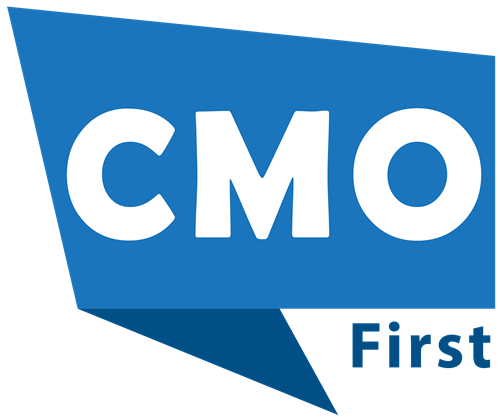





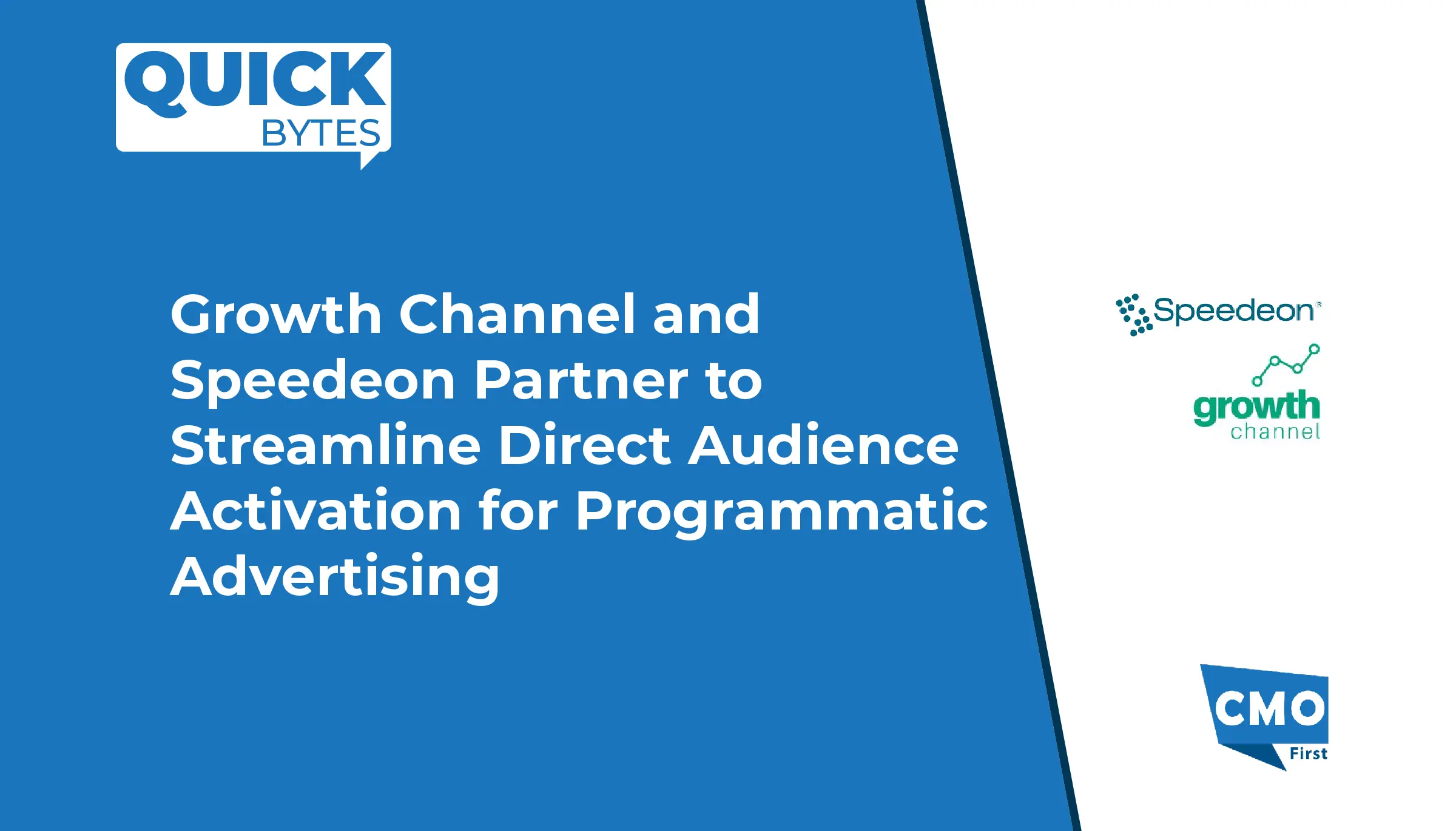

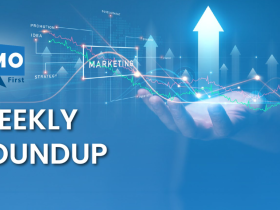



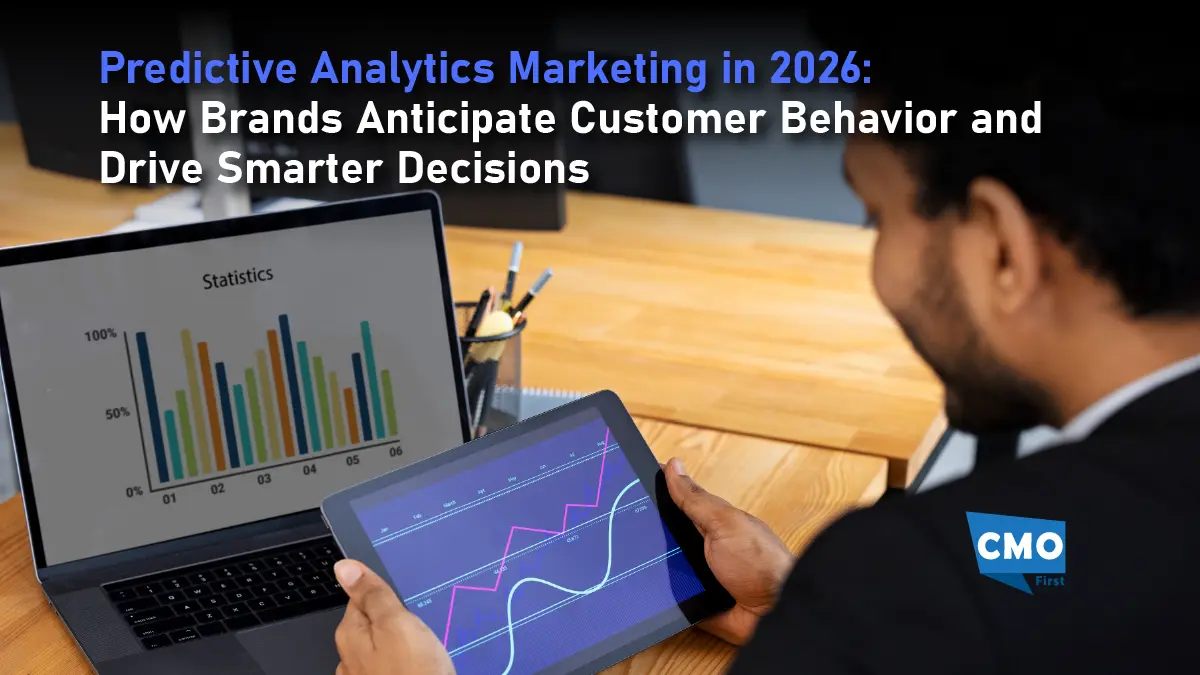
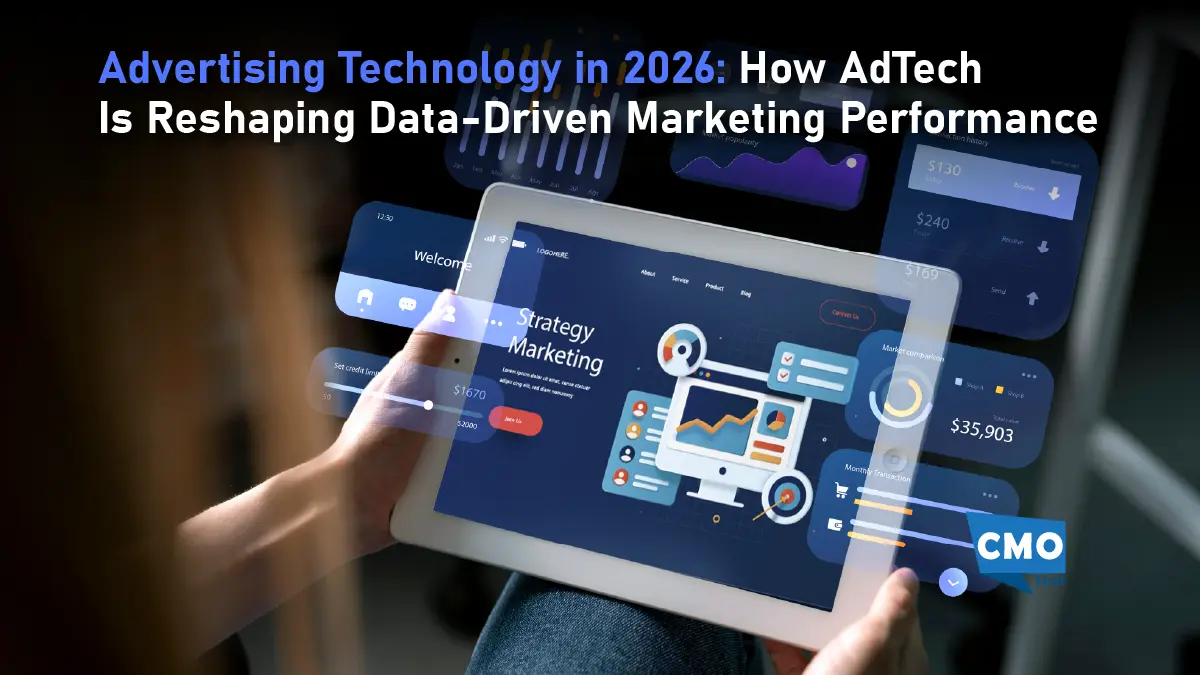

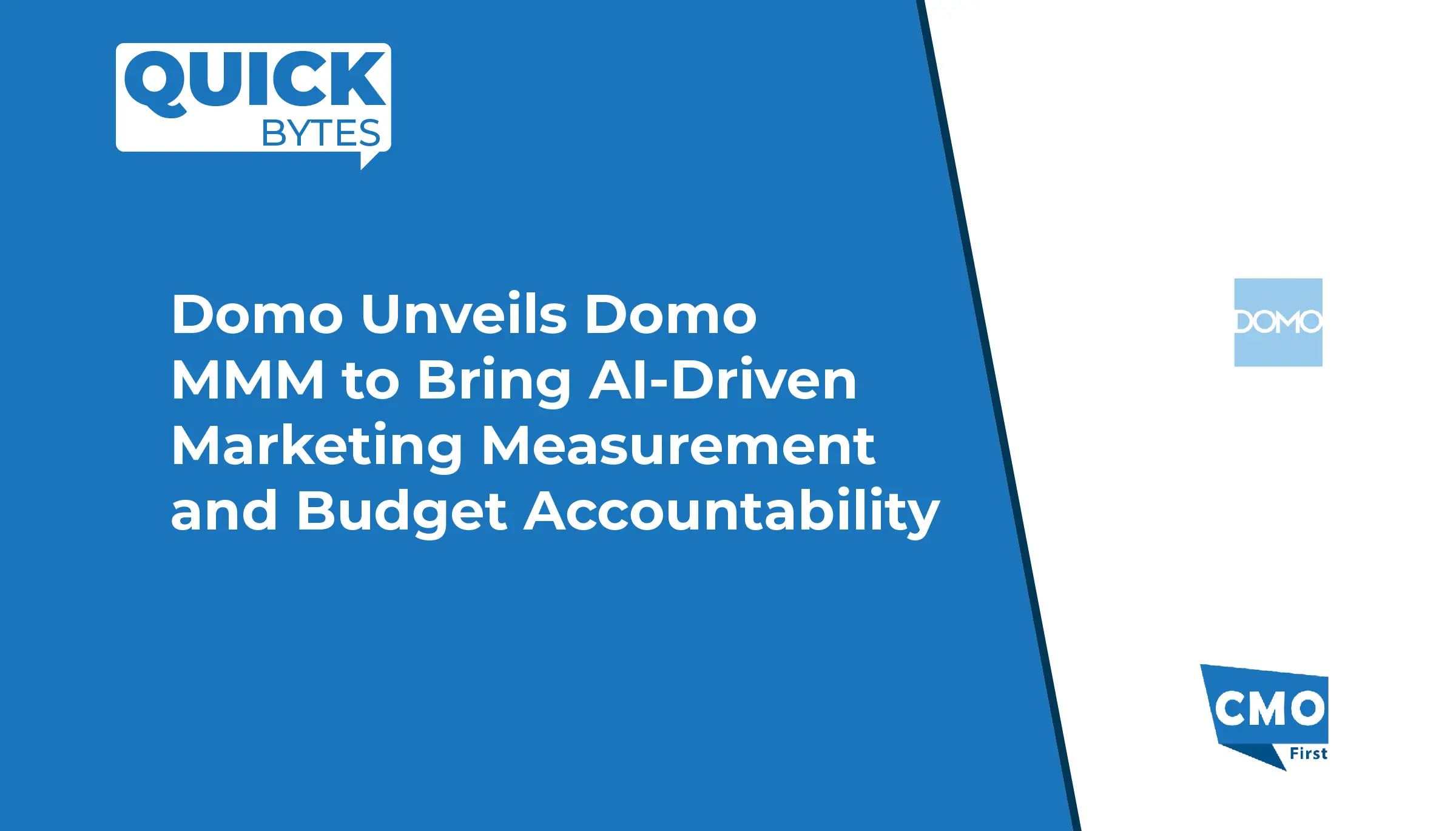
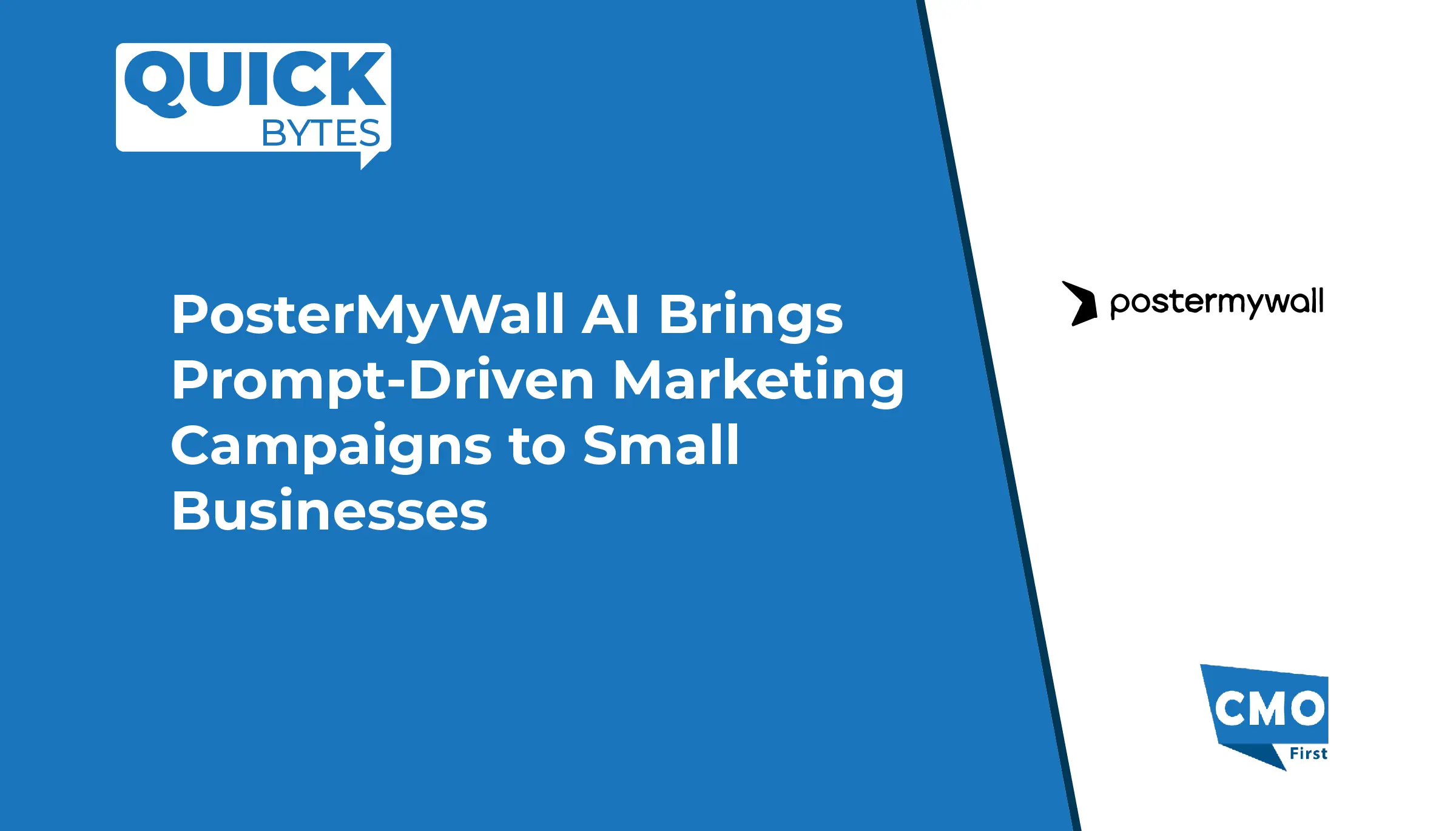
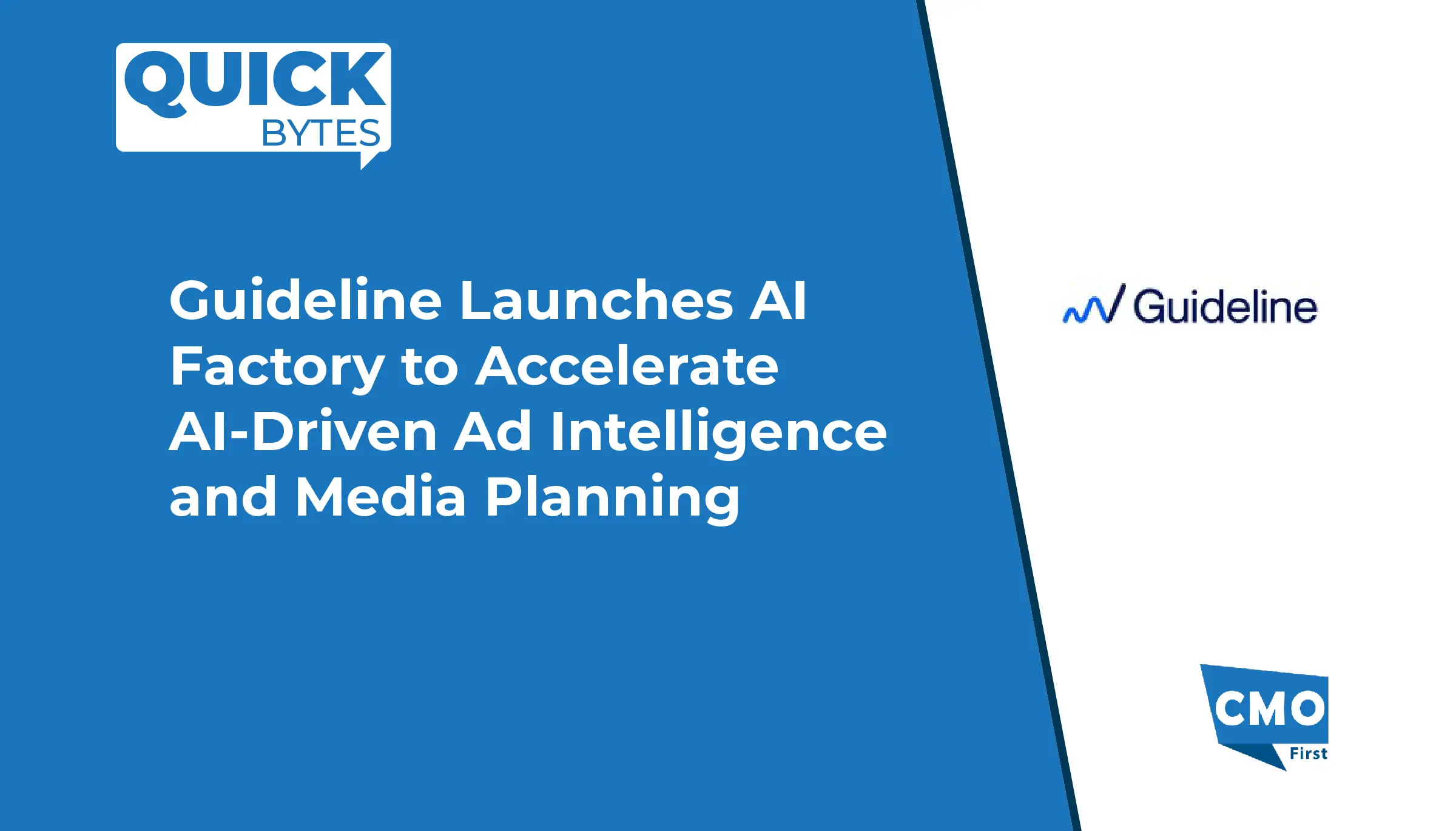
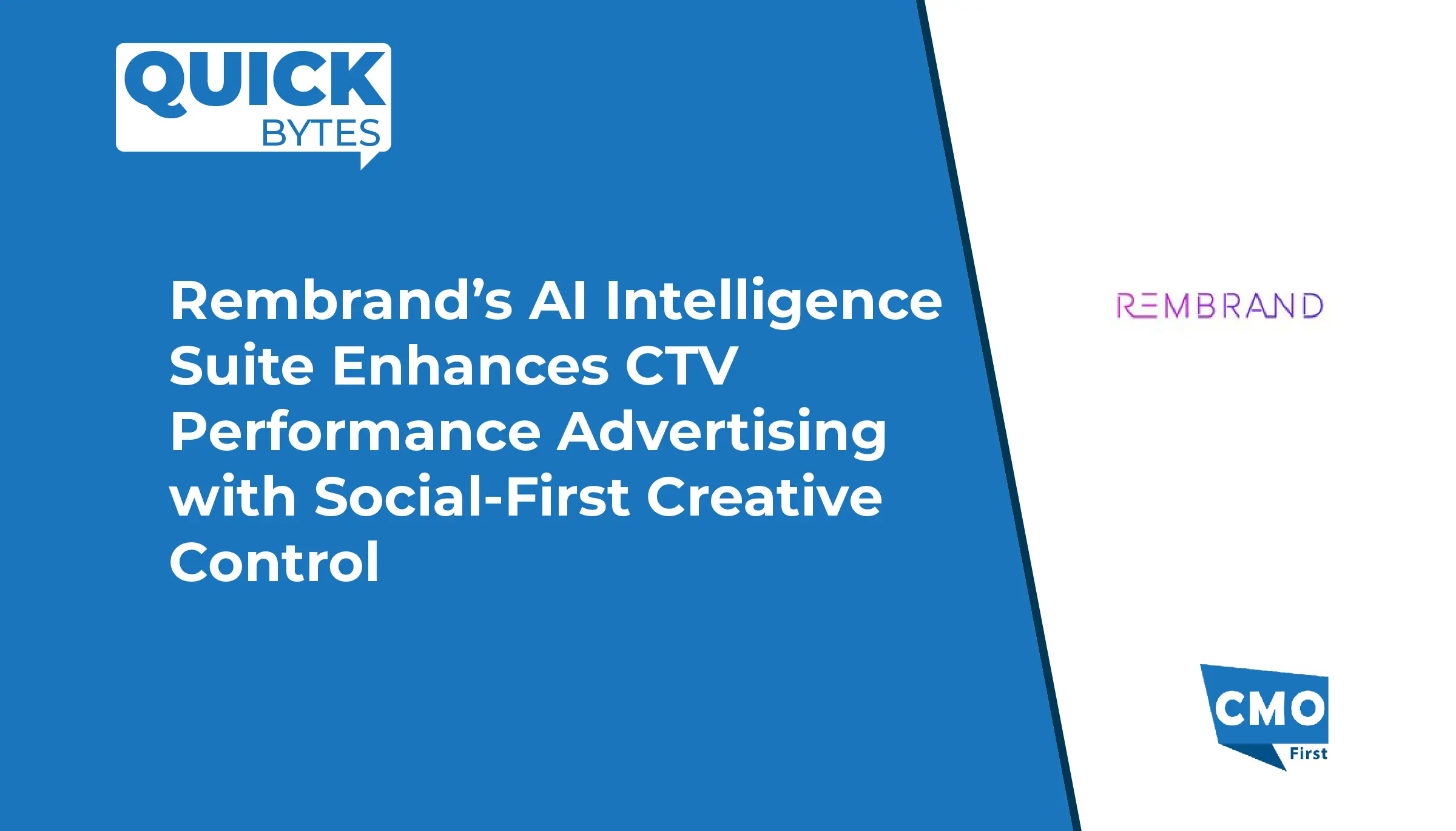

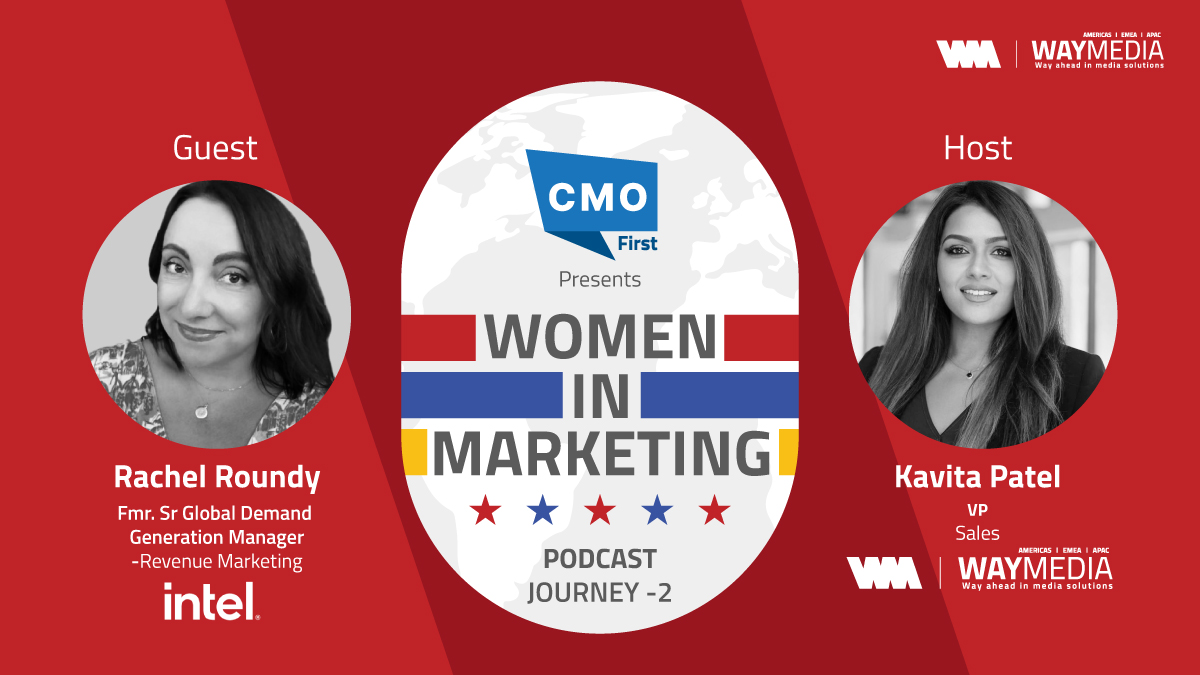
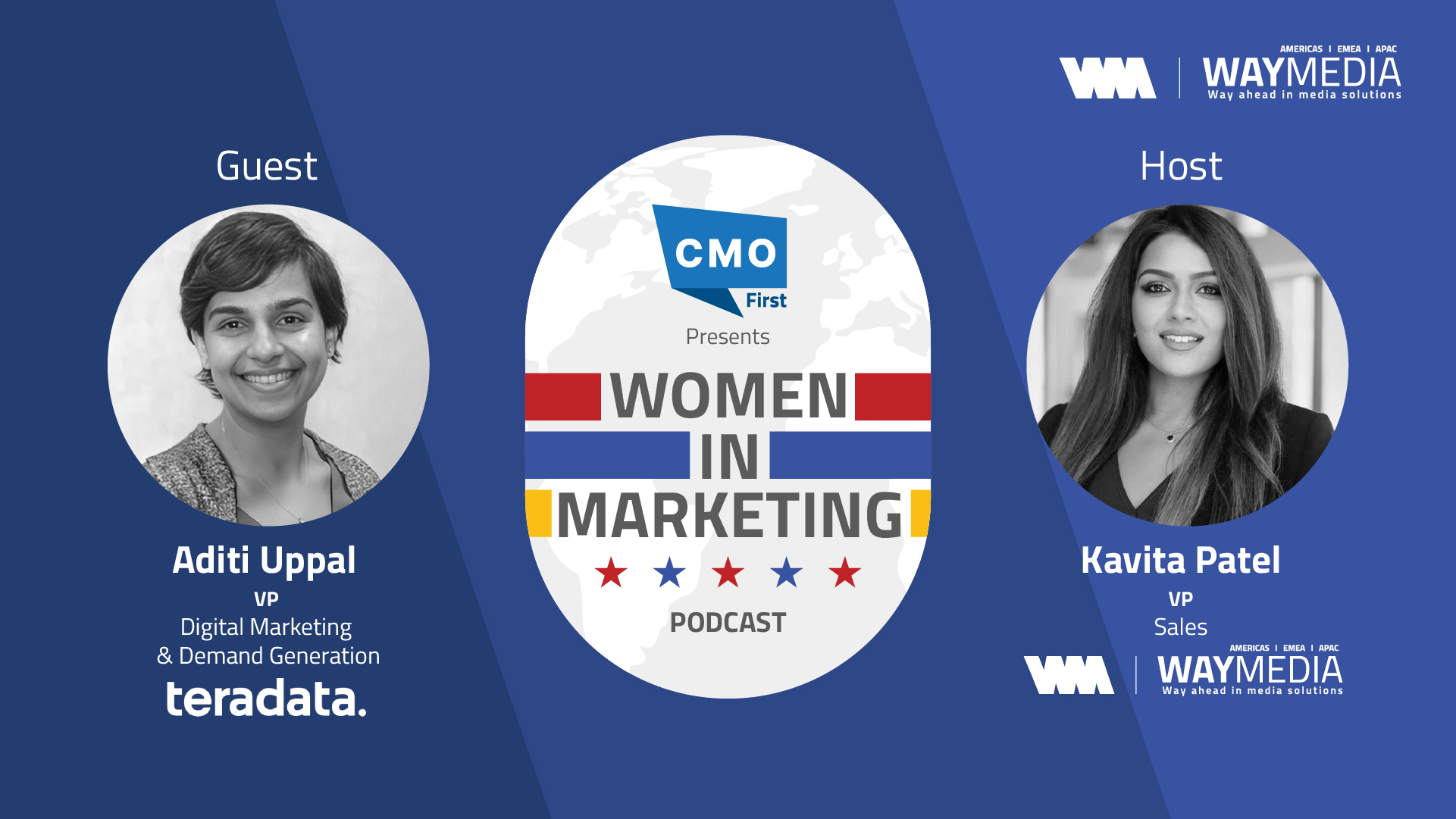
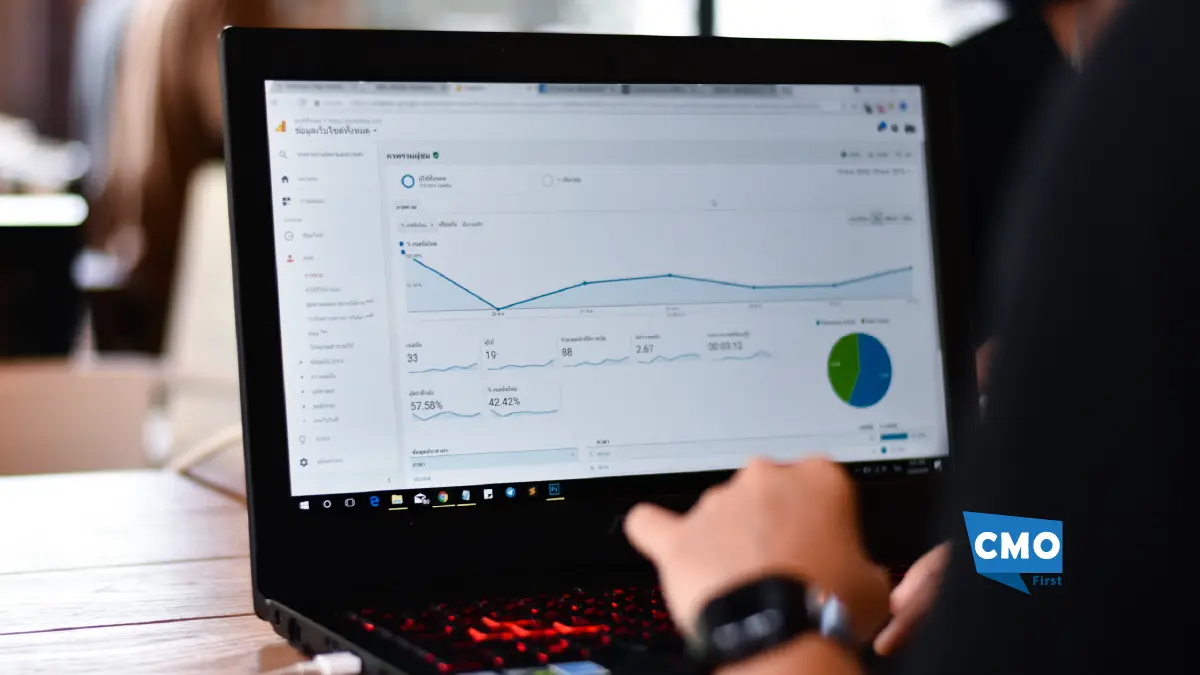

Leave a Reply